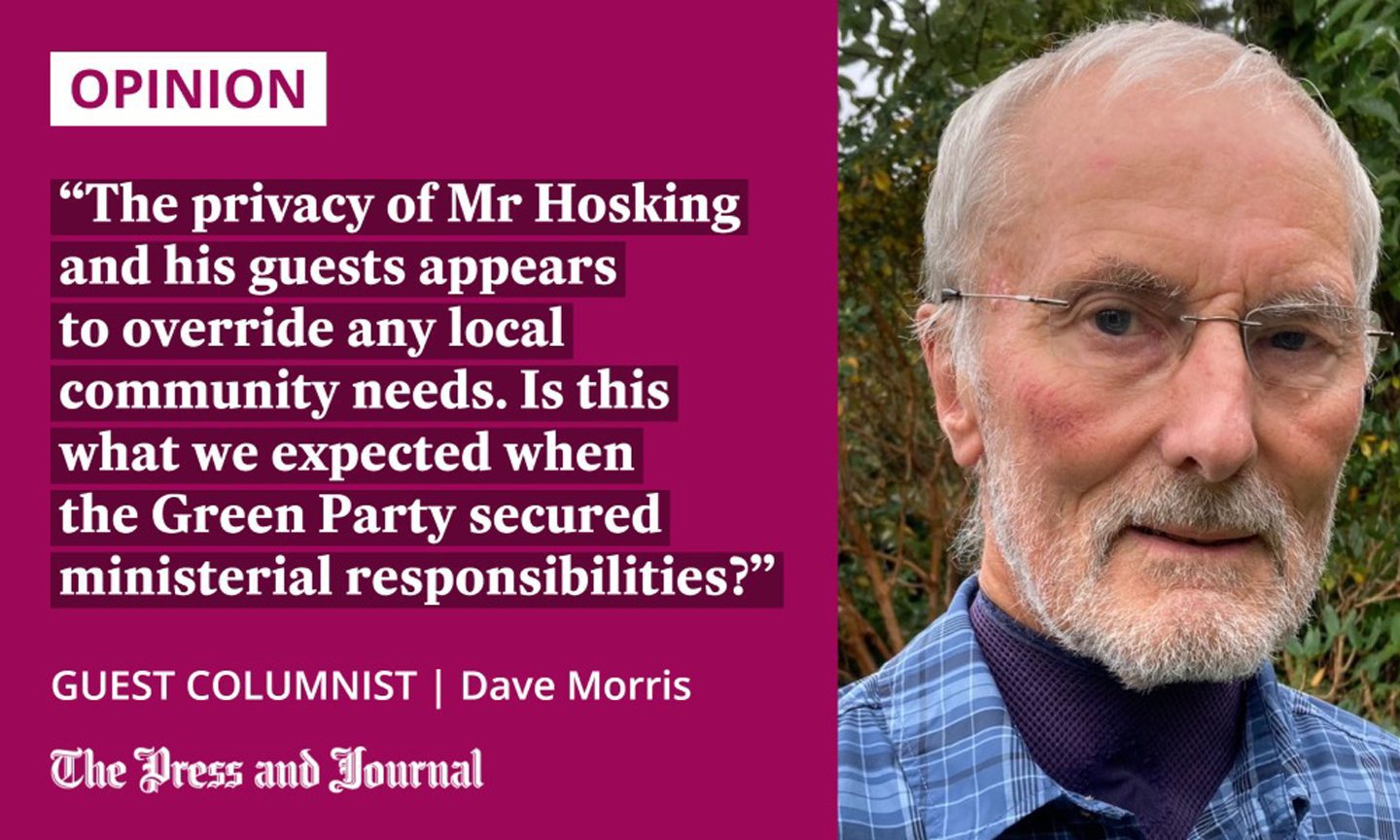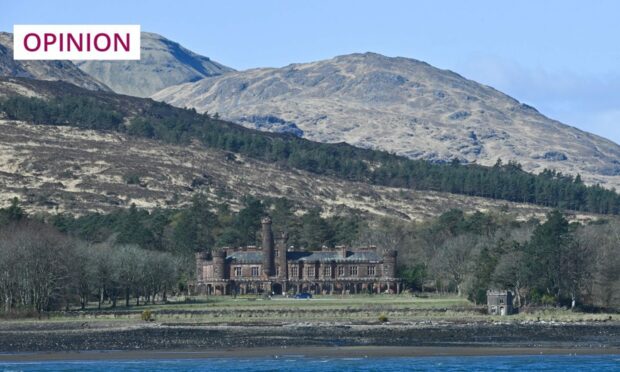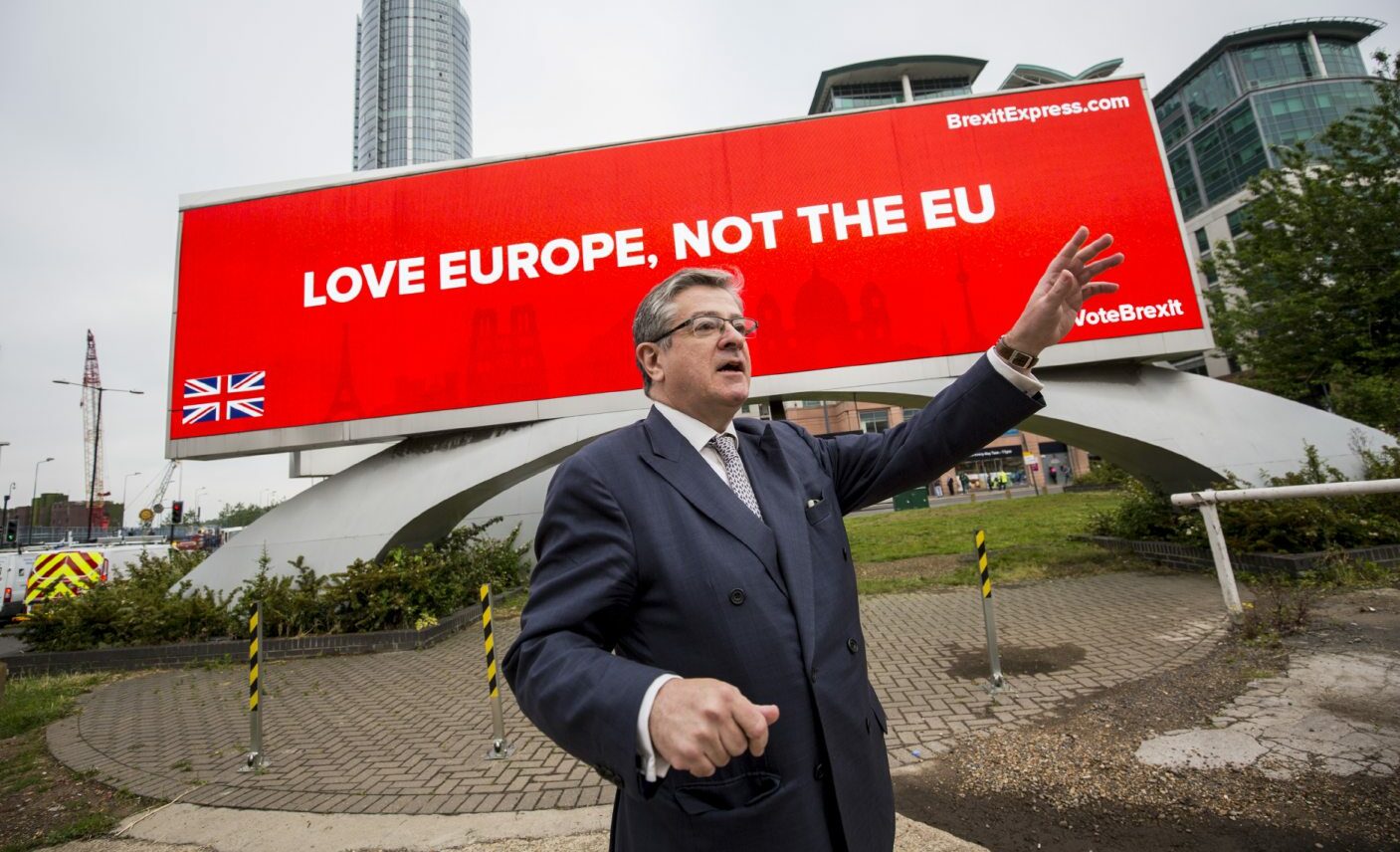The credibility of our politicians is always tested by events, many unexpected and often challenging.
How they react will define their personal competence and integrity, as well as the reputation of the political party they represent. Such a challenge is now on the desk of Lorna Slater, co-leader of the Scottish Green Party and a minister in the Scottish Government.
The prospective sale of Kinloch Castle on the Isle of Rum to an England-based multimillionaire, Jeremy Hosking, against local community wishes, is a defining moment for the Greens.

Ms Slater has the ultimate political responsibility for the operations of NatureScot, the public body that owns Kinloch Castle and most of the land on Rum. By next Monday, when NatureScot aims to complete this sale to Mr Hosking, we will know whether Scotland’s Green Party truly believes in land reform, or whether, for them, it is just another political slogan.
There is no doubt that Ms Slater needs to step in and order NatureScot to stop the sale. No evidence supports the suggestion that Mr Hosking will bring untold economic benefits to Rum by turning the decaying and near-derelict castle and its grounds into some sort of high-end tourism facility.
Why does one wealthy individual trump an entire island community?
For months, NatureScot had been secretly negotiating with Mr Hosking and other prospective purchasers of the castle, keeping the local community in the dark, until it was forced to reveal these antics last June, when an England-based group, Friends of Kinloch Castle, made a public statement about the prospective sale.
NatureScot also wants to sell the island’s hydroelectricity facility – Rum’s main off-grid power supply – to Mr Hosking, and help him to divert a main road
Subsequently, NatureScot has been desperately scrambling to persuade the Isle of Rum Community Trust and other locals that Mr Hosking is the right sort of chap to take control of the castle, as well as the only large tract of flat ground in the heart of the village, along with land adjacent to the pier area.
NatureScot also wants to sell the island’s hydroelectricity facility – Rum’s main off-grid power supply – to Mr Hosking, and help him to divert the main road that runs past the front of the castle.
The privacy of Mr Hosking and his guests appears to override any local community needs. Is this what we expected when the Green Party secured ministerial responsibilities in the Scottish Government?
Discussions have gone nowhere
So far, Mr Hosking appears to have spent just one hour on the island, in July, in his only face-to-face discussion about local community interests. This, and subsequent discussions, have been of limited value.
“Discussions during that single meeting were not substantive and did not in any way allay community fears that a central portion of the village, and of its infrastructure, was being sold without any safeguards in place to protect the community,” said the Isle of Rum Community Trust in a recent public statement.
“Subsequent meetings between the community, the seller (NatureScot), and the prospective buyer’s agent, leave the community representatives maddened by the lack of flexibility on the prospective buyer’s part, and the lack of drive to seek an acceptable compromise on the part of the seller to reach a positive outcome that does not adversely affect the community of today and importantly that of the future.”
These concerns have been strongly reinforced by the SNP president and former environment minister, Michael Russell, who for months has been calling for this sale to be halted.
Scottish Government must act now
One perhaps should have a degree of sympathy for Ms Slater and the mess NatureScot has landed her with.
Good news! We tentatively have a buyer for Kinloch Castle on Rum – a real gem which is a wonderful asset for the island's community – but isn’t a good fit for NatureScot with our strong focus on protecting and restoring Scotland’s nature. Find out more at https://t.co/uFXVmUXldo pic.twitter.com/GpAbp8J2ii
— NatureScot (@nature_scot) June 15, 2022
This public body has acted with an appalling lack of competence, ignoring the obligations on all landowners to follow Scottish Government advice when dealing with local community interests where land sales are being considered. These obligations are well set out in the government’s Land Rights and Responsibilities Statement, produced in 2017, along with subsequent detailed advice provided by the Scottish Land Commission.
But, today, sympathy is not enough. The Scottish Government needs to act now, cancel the sale, and demonstrate that SNP and Green ministers can really deliver effective, local community-based land reform, as well as just talking about it.
Dave Morris is the former director of Ramblers Scotland, and an environmental campaigner



Conversation